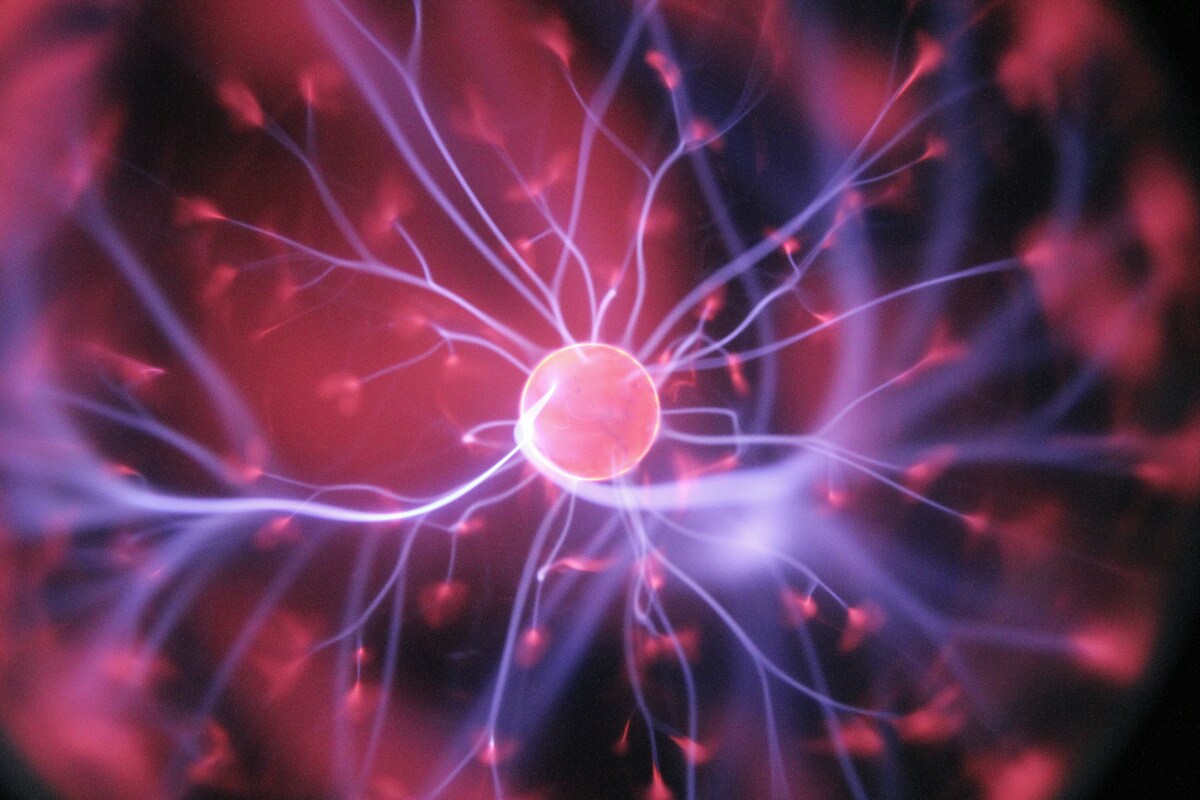
Every year in Bristol and South Gloucestershire some 900 people suffer a stroke. Around half of those who survive a stroke are left with a permanent disability.
What’s more, one third of stroke-affected people locally are of working age… including some in their 20s and 30s… and there is national evidence that people are having strokes at an increasingly young age.
May is Stroke Awareness Month in the UK, and Bristol After Stroke - the charity that helps people in the community on their stroke recovery journey - is reaching out to local people to spread the word that, while strokes are the fourth leading single cause of death in the UK, a majority them could be avoided by making lifestyle changes and managing existing health conditions.
“While our main role is to support local stroke-affected people and their families,” says Bristol After Stroke CEO Rebecca Sheehy, “we are also keen to reduce the incidence of these life-changing events in our area.
“Just making a few alterations to one’s life could make all the difference.”
So what are the main facts on stroke that everyone needs to know?
• Stroke impacts everyone differently. Some strokes are mild or even temporary; others can last a lifetime.
• Strokes are the fourth leading single cause of death in the UK.
• The effects of a stroke are very varied, depending upon which part of the brain is damaged.
• Common symptoms are paralysis (usually on one side of the body), problems with balance and coordination, loss of speech, comprehension and memory issues, and an impairment of eyesight and/or hearing.
The causes of stroke
A stroke can happen to anyone at any age, but the risk is increased for those:
• with high cholesterol, high blood pressure, atrial fibrillation or diabetes
• who are aged over 50
• who have an unhealthy or sedentary lifestyle
• who are obese
• who drink alcohol to excess
• from a Black or South Asian background
• who have sickle cell disease
• have migraines
• take the combined contraceptive pill
• are pregnant and have pre-eclampsia
• have recently had a baby
• have atrial fibrillation
• inherit some hereditary conditions
Common symptoms and effects
• A loss of movement in limbs on one side of the body known as “hemiplegia”
• weakness in the arm and leg, known as “hemiparesis”
• paralysis of part of the face and head, creating difficulty in eating, drinking and talking
• Dysphagia”, or swallowing problems,
• Dysarthria, when speech can become distorted, slurred or indistinct • Aphasia (sometimes known as “Dysphasia”), a communications disability which includes difficulties understanding or expressing spoken and written language, and sometimes dealing with numbers
• sensory problems affecting hearing, vision, taste and smell
• problems with concentration and memory • a loss of bladder or bowel control
• fatigue
• emotional lability – or feeling “over-emotional” • feelings of anxiety, frustration, anger and confusion
• up to 40% of stroke affected people can suffer depression and anxiety
Simple steps to reduce the risk of a stroke
Some risk factors for stroke – such as age, gender, family history, and previous stroke – are out of an individual’s control, as are some genetic factors such as ethnicity. But you can reduce your chances of having a stroke by making healthy lifestyle changes such as:
• Eating a diet rich in fruits and vegetables
• Adding fibre to your diet can also help - such as whole grains, wholemeal bread and wholewheat pasta
• Taking regular physical activity
• Staying at a healthy weight for your height, age and gender
• Giving up smoking
• Limiting the amount of alcohol you consume
• Getting regular checkups with your doctor to monitor your health
• Monitoring and keep your cholesterol levels in the normal range
• Monitoring and keep your blood sugar in the normal range
• Monitoring and controlling your blood pressure
• If you have a medical condition that will increase your risk of stroke, take the medications prescribed
Set yourself the “Prevent a Stroke Challenge” – and help others too
If you think you are at risk of a stroke because of your lifestyle, why not help yourself… and others too… by taking part in Bristol After Stroke’s “Prevent a Stroke Challenge”?
Set yourself a personal challenge – such as losing weight, giving up smoking, or taking part in a run or cycle event – get sponsored for your challenge and donate the money to Bristol After Stroke.
“We support over 1,400 people in our community every year,” says Rebecca Sheehy, “but we rely heavily on charitable giving to fund our activities – including groups, communication cafes, counselling, mentoring and walking sports such as netball and football.
“Much of what we do is run by volunteers, making every pound we raise go a long, long way. But the more money we raise, the more we can do for local stroke-affected people on their recovery journey.
To find out more about our work, go to https://www.bristolafterstroke.org.uk/or get in touch via [email protected]
Photo by Hal Gatewood on Unsplash





